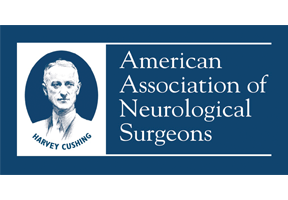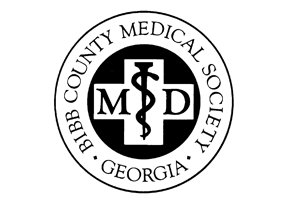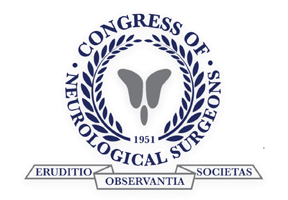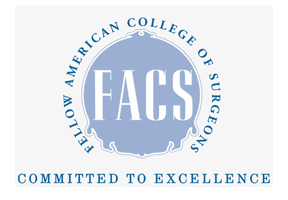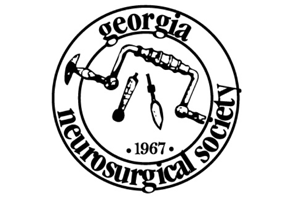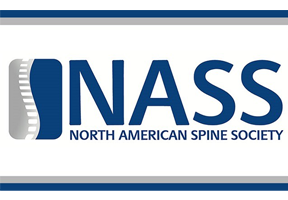If you have ever experienced an issue with your brain, spine, or nervous system, it can be hard to know which type of specialist to see for proper care. From neurosurgeons to neurologists, there are several options for medical care, but there’s not a lot of clarity about which one provides the solutions or care you require.
Today, we’re taking a close look at the differences between neurologists and neurosurgeons to help explain the conditions that each specialist treats. But before we dive into the differences between each, let’s first break down the nervous system and examine why it’s the focus of each practice area.
What Is the Nervous System?
The nervous system is a highly complex, delicate system that consists of the brain, spinal cord, and nerves. We know that the brain controls everything, including each voluntary or involuntary move we make, and it employs the spinal cord and nerves to communicate with the parts of the body that need to function. It’s the nervous system that allows us to do everything we do. Seriously, everything. From involuntarily breathing and blinking to picking up our coffee cups, wiggling our toes, looking left and right, walking… Anything your body can physically do can only be done because of your nervous system.
If there is ever a complication with any component of your nervous system, you could experience a decline in or loss of:
- Mobility control
- Control over bodily functions
- Mental capacity
- Memory
- Emotion control
Because the nervous system is so complex and intricate, there are several specialists, including neurologists and neurosurgeons, who study its complexities to provide patients with the most effective treatment and care.
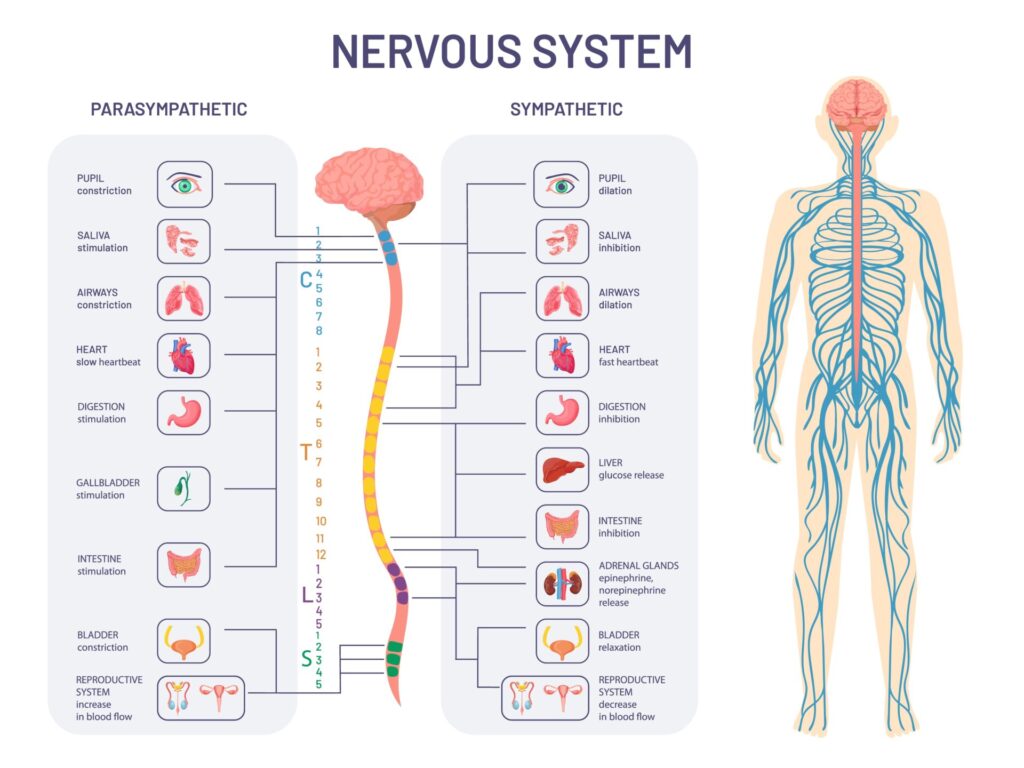
What Is a Neurologist?
A neurologist is a physician who specializes in treating conditions related to the nervous system without surgery.
What Are Common Conditions a Neurologist Treats?
Neurologists care for a wide range of conditions and neurological disorders, including:
- Alzheimer’s disease
- Amyotrophic lateral sclerosis (ALS)
- Aneurysms
- Cerebral palsy
- Concussions
- Dementia (general)
- Epilepsy
- Migraines
- Multiple sclerosis (MS)
- Parkinson’s disease
- Strokes
- Tremors
What Are Common Symptoms of a Neurological Disorder?
There are a multitude of issues that can lead to a neurological disorder, including injury, poor health, environmental conditions, infection, genetics, and others. While each condition causes its own set of symptoms, common ones that neurologists tend to observe and treat include:
- Confusion
- General or localized pain
- Loss of coordination
- Memory loss
- Muscle weakness
- Numbness
- Paralysis
What Kind of Treatments Do Neurologists Provide?
Similar to the symptoms, treatment can vary from patient to patient and condition to condition. Depending on the disorder or malfunction, a neurologist may depend on treatments like:
- Medications
- Nonsurgical procedures, including angiograms or aneurysm coiling
- Physical therapy
- Mental health therapy
- Behavioral therapy
- Injections
Again, it depends on the condition and what the care requires—the most significant thing to remember is that neurologists do not perform surgeries.
What Is a Neurosurgeon?
A neurosurgeon is a physician who specializes in treating conditions or complications relating to the brain, spine, or nervous system through nonsurgical and surgical treatment options.
The practice of neurosurgery requires advanced education and training, the most of any medical specialty, which includes four years in an undergraduate program, four years of medical schooling, and seven years in residency. Plus, neurosurgeons maintain their proficiency through continuing education opportunities.
What Are Common Conditions Neurosurgeons Treat?
Neurosurgeons are able to provide surgical and nonsurgical treatments for patients experiencing conditions affecting the brain, spine, or nervous system, including but not limited to:
Brain
- Brain tumors
- Chiari malformations
- Hematomas (brain bleeds)
- Normal pressure hydrocephalus (buildup of brain or spinal fluid)
- Pituitary tumors
- Trigeminal neuralgia (facial and cranial nerve pain)
Spine
- Disc herniations
- Osteoarthritis
- Scoliosis
- Spinal cord tumors
- Spinal stenosis
- Spondylolisthesis
- Syringomyelia (spinal cysts)
Nerves
- Carpal tunnel syndrome
- Ulnar nerve entrapment
- Neurofibromatosis
What Are Common Symptoms of a Neurosurgical Disorder or Complication?
If you require neurosurgical care, the symptoms you’ll experience will vary depending on whether the condition is affecting your brain, spine, or nerves.
Depending on the condition, common symptoms affecting each area can include:
Brain:
- Facial or bodily numbness
- Headaches
- Loss of coordination
- Neurological issues like behavioral changes, memory loss, etc.
- Seizures
- Speech issues
- Strokes
- Visual issues
Spine:
- Loss of bladder or bowel control
- Mobility limitations or loss in the arms or legs
- Muscle spasms
- Muscle weakness
- Nerve pain in the back of the leg(s)
- Numbness in the limbs
- Pain in the arms, legs, feet, or buttocks
- Pain that radiates from the affected area of the spine
Nerves:
- Carpal tunnel syndrome – pain, numbness, tingling, or weakness in the fingers, hand, or arm.
- Ulnar nerve entrapment – weakness or sensitivity in the hand; tingling in the palm, ring, and pinky finger; and tenderness at the elbow.
- Neurofibromatosis 1 – appearance of light brown spots and freckling; appearance of small bumps on the iris; bone deformities, including scoliosis; ADHD; learning disabilities; stunted growth; and a larger-than-average head.
- Neurofibromatosis 2 – Tinnitus, hearing loss, dizziness, facial paralysis or weakened facial muscles, balancing issues, vision loss, seizures, headaches, and limited walking abilities.
- Schwannomatosis – Generalized or localized chronic pain that can develop anywhere on the body, numbness or weakness throughout the body, difficulties urinating or defecating, muscle atrophy, facial weakness, vision issues, and lump development throughout the body.
What Kind of Treatments Do Neurosurgeons Perform or Provide?
What treatment a neurosurgeon will provide depends on the condition and area of the nervous system affected. Possible treatments can include:
Surgical:
- Tumor removal
- Craniotomy
- Cranioplasty
- Nerve release
- Nerve stimulation
- Discectomy
- Laminectomy
- Spinal fusions
- And more.
Nonsurgical:
- Medication regimens
- Injections
- Physical therapy
- Transcutaneous Electrical Nerve Stimulation (TENS)
- And more.
About the Neurosurgeons at Georgia Neurosurgical Institute
Georgia Neurosurgical Institute features six highly specialized neurosurgeons who have each been rigorously trained to treat and care for conditions of the brain, spine, and nerves. With seven years of advanced medical training and additional years of continued education, our neurosurgeons are level-one trauma surgeons who offer the most advanced nonsurgical and surgical treatment options to patients. Plus, our team of physicians are pioneers in researching, discovering, and creating technology and techniques in the field of neurosurgery.
If you or a loved one are facing an issue with any component of your nervous system, talk to the experts at Georgia Neurosurgical Institute.
Our neurosurgeons will work diligently with you to discover the root issue(s) and create a treatment plan to resolve your symptoms, relieve pain, and improve or even restore your health. Whether you require surgical or nonsurgical solutions, our team will become your partner in health to help you regain your quality of life.
Schedule an apointment with Georgia Neurosurgical Institute today by calling 478-743-7092.
Georgia Neurosurgical Institute offers exceptional treatments for the brain and spine to patients throughout Middle Georgia. With offices in Macon and satellite locations in Dublin, Locust Grove, and Warner Robins, we’re able to treat patients in and around:
- Dublin
- Forsyth
- Locust Grove
- Macon
- McDonough
- Milledgeville
- Perry
- Warner Robins
Related Articles

